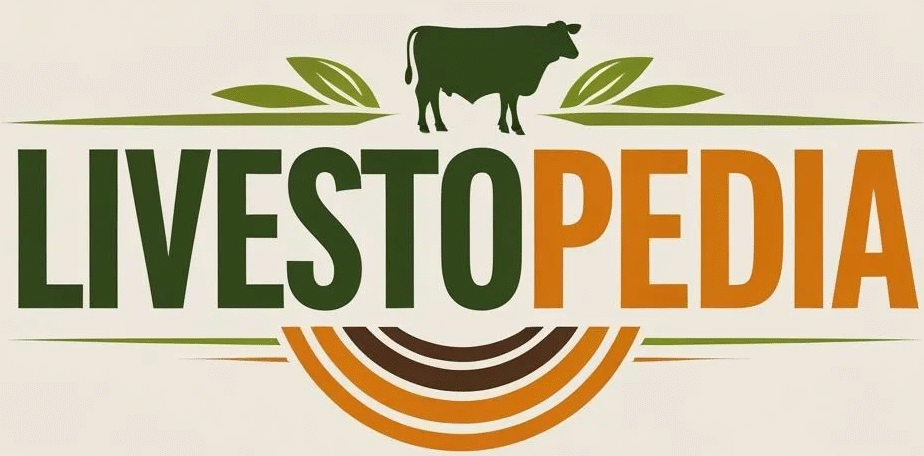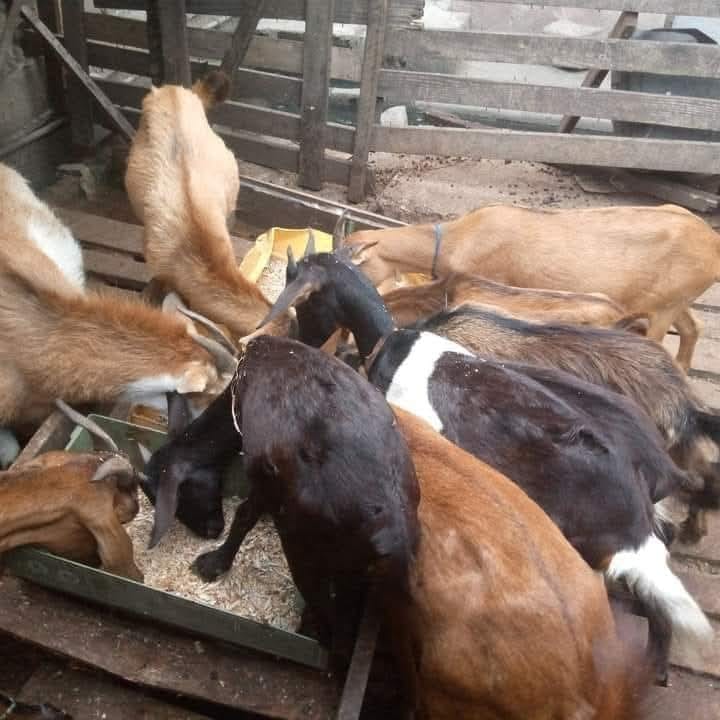Feeding is one of the most important aspects of turkey farming, yet it is also an area where small errors can have big consequences.
Poor feeding practices can lead to slow growth, health problems, and economic losses. Many of these mistakes are easy to make, especially for beginners, but they are also easy to correct with a little knowledge and attention to detail.
One of the most frequent mistakes is using the wrong feed for the bird’s age. Turkeys have different nutritional needs at various stages of growth, with poults requiring high-protein starter diets and older birds needing more energy-rich feeds.
Feeding a grower or finisher ration too early can cause stunted development, while continuing high-protein starter feed for too long can lead to unnecessary expense and excessive fat buildup. Avoid this by transitioning diets gradually according to a well-structured feeding schedule.
Another common error is inadequate feed quality. Stale, moldy, or contaminated feed can not only reduce nutrient availability but also cause digestive illnesses such as mycotoxicosis.
Feed should always be stored in a cool, dry place, away from moisture and pests, and used within its recommended shelf life.
Regularly inspecting feed for off smells, clumping, or visible mold will help maintain safety and quality.
Overfeeding and underfeeding are equally problematic. Leaving excessive feed in troughs can cause spoilage and waste, while insufficient feed availability can lead to competition, aggression, and uneven growth.
The solution is to monitor feed intake closely and adjust quantities to match bird numbers, size, and environmental conditions. In hot weather, for example, turkeys may eat less, requiring adjustments to maintain nutrient intake.
A less obvious but serious mistake is neglecting water in relation to feed. Turkeys will reduce feed consumption if water is limited or unclean, as digestion and nutrient absorption depend on proper hydration. Ensuring clean, cool water is always available is just as important as the feed itself.
Finally, many small-scale farmers overlook the importance of balanced nutrition when formulating homemade rations. Using too much of one ingredient, such as maize, without the right protein, vitamin, and mineral supplements can result in deficiencies that slow growth and weaken immunity. Working with a reliable feed formula or consulting a poultry nutritionist helps avoid these costly imbalances.
Turkey farmers who are mindful of these common feeding mistakes and actively preventing them can improve flock health, ensure consistent growth, and achieve better production efficiency; whether the goal is meat, eggs, or both.

